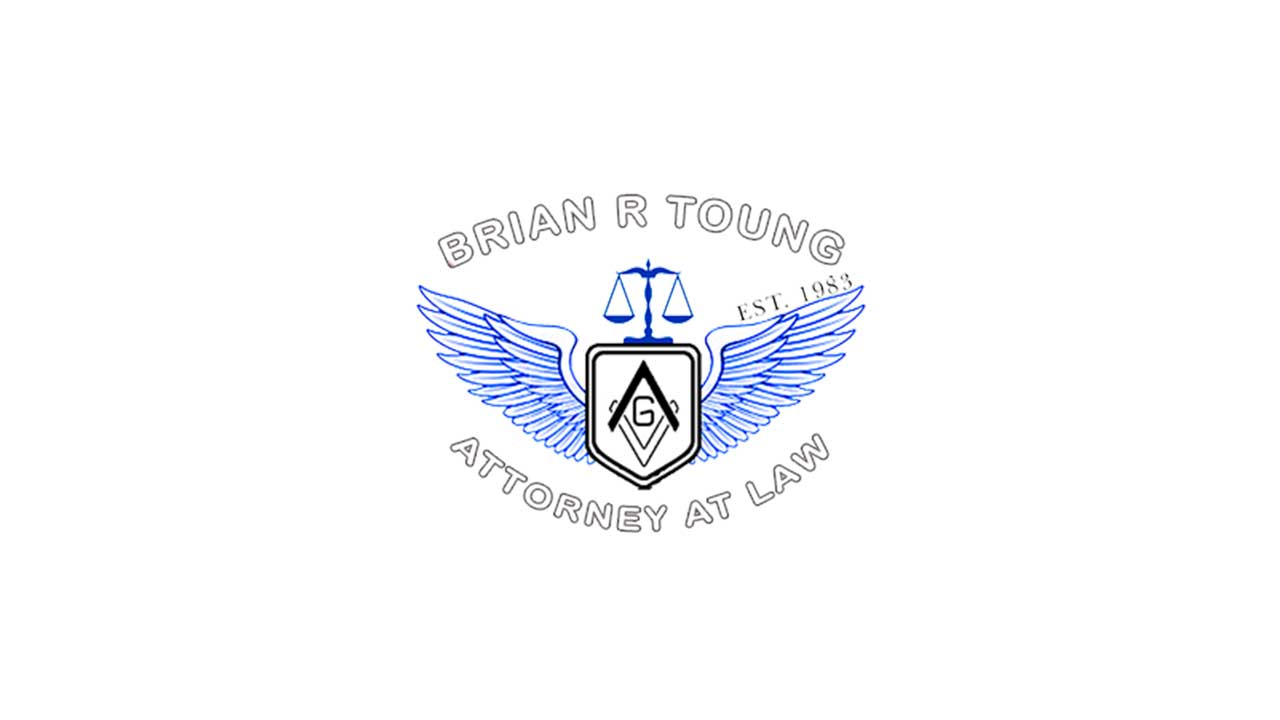As a tourist, you may find yourself face-to-face with police for a variety of reasons, some valid and some less so. Unfortunately, police interactions are not always the way that television and movies portray them, and some police may attempt to place you at ease so they can continue to gather evidence against you without your knowledge. If you do not know your rights and when they take effect, you may incriminate yourself unfairly.
In general, an officer must read a suspect his or her Miranda rights if the suspect is both in custody and under interrogation. However, if a suspect is not yet placed in custody, an officer may freely ask any number of questions, gathering evidence through technically legal but deceptive means. Be sure that you understand you have the right to remain silent once you give an officer your name and show the officer your identification.
If you do not know how to invoke your right to remain silent, you may say something as simple as “I wish to remain silent” or ” I don’t want to answer any more questions until my attorney is present.” The less you say about a particular matter, the less evidence a police officer has against you, keeping your defense options open.
If you do receive criminal charges as a tourist, don’t hesitate to build a legal defense as soon as you can. It is important to remember that any attorney who represents you in a criminal matter should fully understand the state laws that apply to your charges, and if you are a tourist, there is a good chance an attorney you previously worked with is not licensed or qualified to represent you in Florida. Be sure to use all the legal options available to defend your rights and keep your privileges secure.

